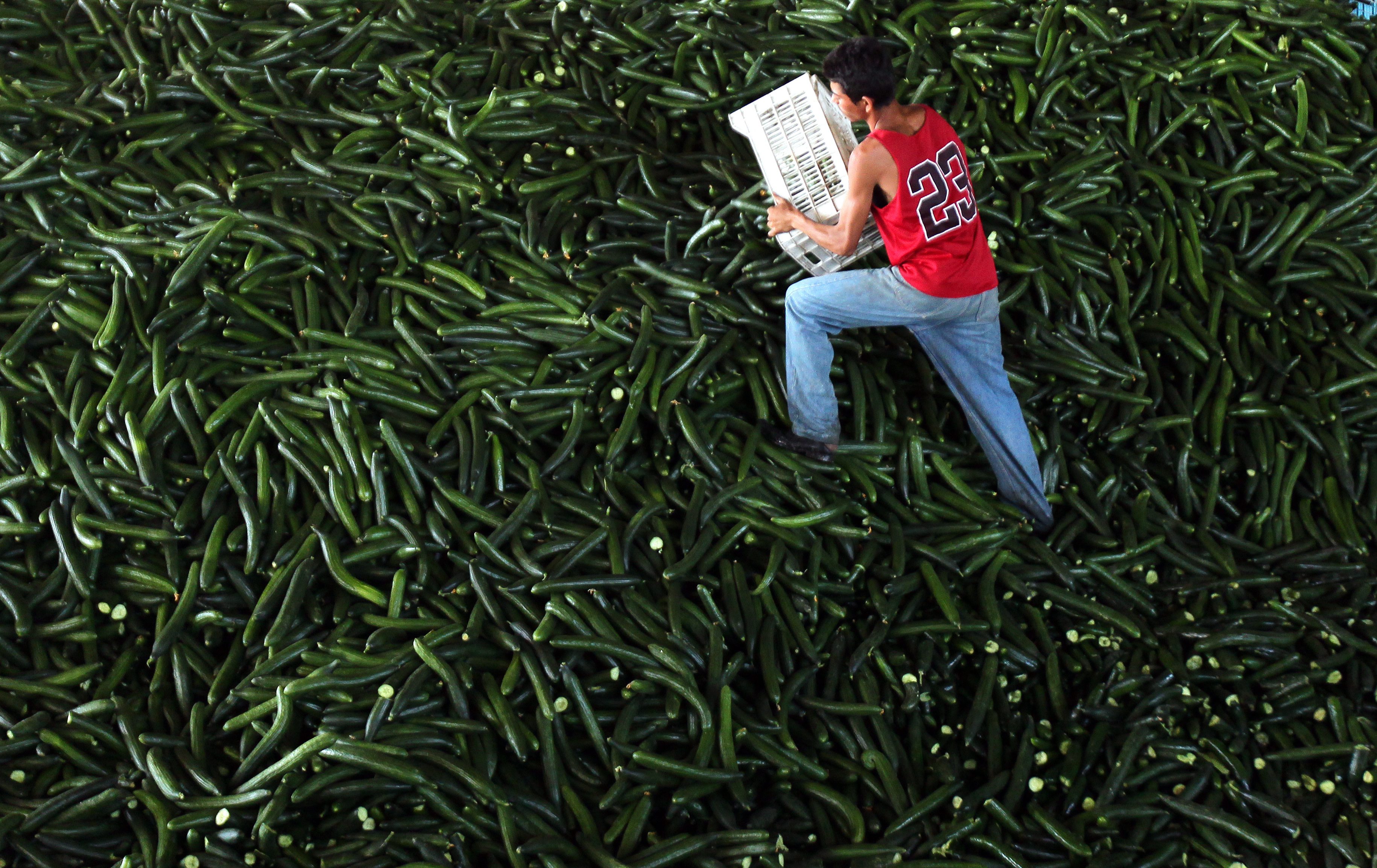E. coli, << EE KOH ly, >> is among the most extensively studied bacteria in the history of science. There are hundreds of different strains of this microbe. Its full name is Escherichia << `ehsh` uh RIHK ee uh >> coli. Since the mid-1900’s, scientists worldwide have used E. coli to study basic biological processes. It has especially been used to study the behavior of genes (units of heredity). In 1997, scientists completed chemical identification of all the genes in E. coli.

Outside the laboratory, most strains of E. coli live harmlessly in the intestines of people, cattle, and other animals. But E. coli can produce serious illness if it causes blood or urinary infections. One recently identified strain, called E. coli O157:H7, causes severe intestinal illness. A typical infection with E. coli O157:H7 begins with intense abdominal cramps and watery diarrhea that often turns bloody within a few days. Most patients recover in about a week. But the infection can cause damage to the kidneys and anemia (low red blood cell count). A few patients die.
E. coli O157:H7 lives in a small percentage of cattle but does not make them sick. Most infections with E. coli O157:H7 are caused by eating undercooked ground beef contaminated with the bacteria. Infections have also been traced to contaminated vegetables and unpasteurized milk and apple cider. Infected people can also pass the illness to others. The best ways to prevent infection are to cook ground meat completely, clean fruits and vegetables thoroughly, and wash hands often.
Anyone with severe or bloody diarrhea should see a doctor promptly to identify the cause and get proper treatment. Tests of several people may detect an outbreak of E. coli O157:H7. Public health officials will then take steps to find the source of the illness to prevent infection of other people.
